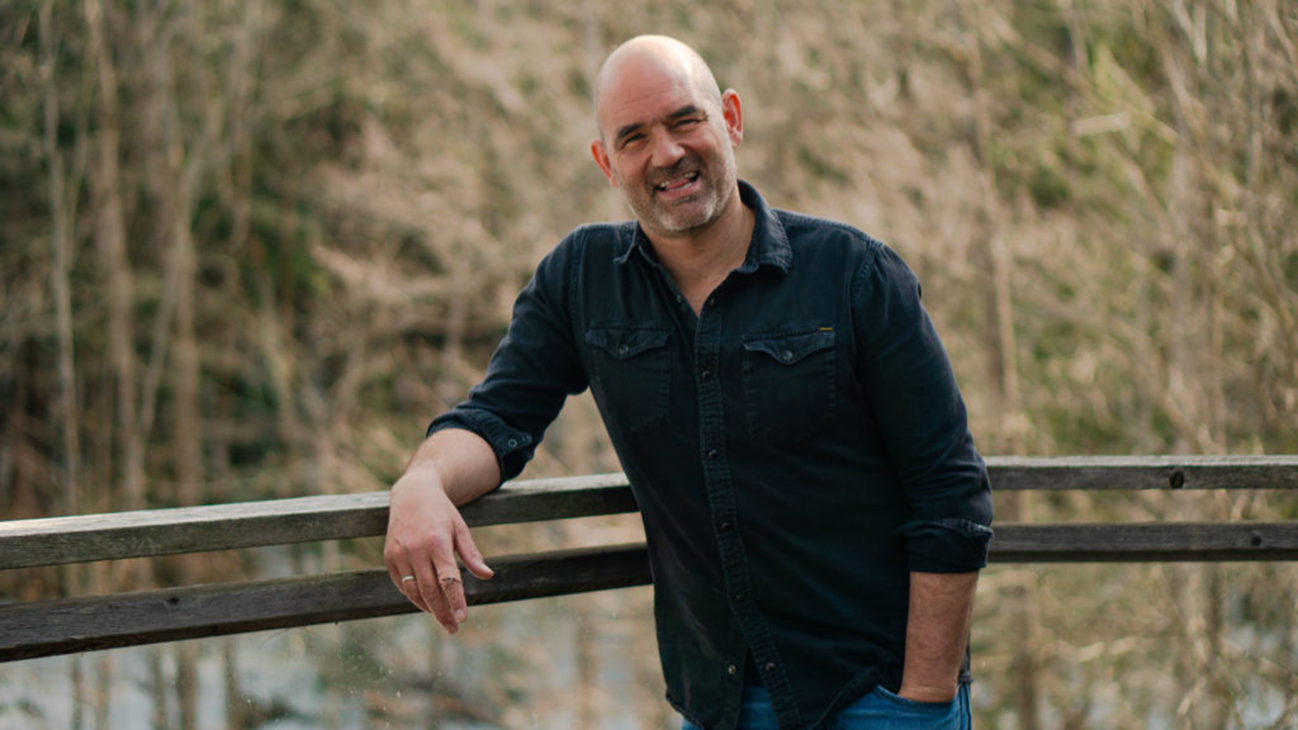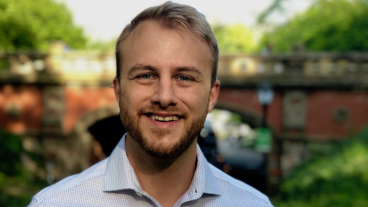In his work as an executive coach, consultant, and researcher on leadership and performance, Dr. JP Pawliw-Fry has developed the idea of the “Last 8%” to describe the most important part of the challenging moments in our lives. Understanding this idea and preparing ourselves to overcome these moments is crucial for leaders and other high performers.
So, what does the “Last 8%” mean exactly? JP recently spoke with Influencive about exactly what it means and why it’s so important. The notion initially came to JP as he was working to mediate a dispute between two Fortune 500 execs who had both been competing for the same CEO position. In the tense aftermath JP sat them down to work out their difficulties but discovered a discrepancy between what the two executives said to each other and what they told him in private. From what he could gather, JP believed that they left out about 5 to 10% of what they each wanted to discuss, and those last few points were some of the most difficult, and most important.
This was the start of an epiphany for JP, which he then explored further. As the article explains:
JP’s company subsequently studied 34,000 people and found that in difficult conversations they communicated on average only about 92 percent of what they really wanted to say. “In the moment, we think we’re having the full conversation. But, in fact, we leave out the most difficult parts,” he says.
JP coined the term “Last 8%” to refer to these high-stakes conversations, decisions and tasks that are more challenging than what we face in a typical week or month. Because they’re hard, we tend to either avoid them or a “make a mess of them,” he says. In a business setting, it could be things like whom to promote, or whom to let go, or which project to back, but we face all kinds of Last 8% moments in our lives.
While Last 8% situations are the trickiest to get right—they’re also the most important to get right. “Everybody struggles with 8% moments,” says JP, … “When you know how to handle them, transformation happens—both externally and internally.” Leaders and organizations excel, families connect on a deeper level, people feel more self-confident and centered.
But ignore these moments, and you are putting your reputation and your self-esteem at risk, he warns. The cost, personally, is increased shame, embarrassment and regret; the cost professionally is nothing less than your ability to lead and work effectively.
The biggest factor in succeeding in these moments, JP said, is training our brains to control our emotional response. Work on keeping calm and collected, and you can use your skills and knowledge most effectively. As an added bonus, challenging ourselves to do this can also help build some self-awareness and provide perspective—two qualities that are key to mastering any kind of high-performance situation.
Organizations face big challenges: whether it is an accelerated rate of change, the threat of disruption, ambitious targets, or aggressive competition. For over twenty years, JP Pawliw-Fry’s curiosity and passion for helping people manage their emotions has driven his research into the skills and tools required to build a culture of exceptional leadership.
If you are interested in booking JP or another speaker for a virtual presentation, please contact us for more information.




